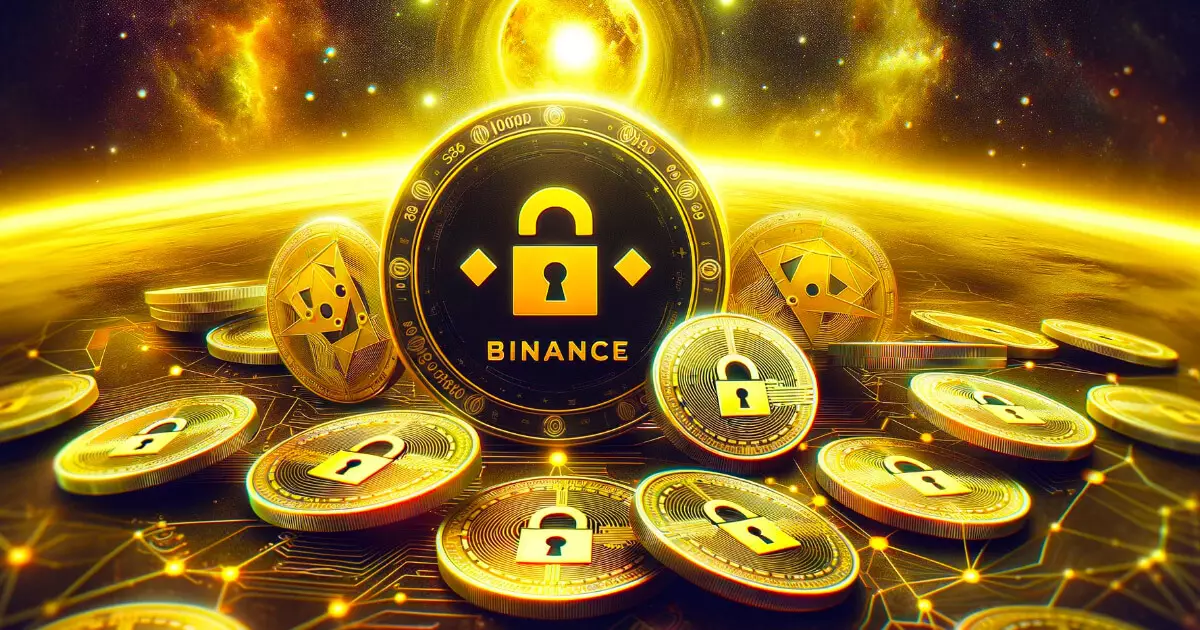In a recent statement, crypto exchange Binance declared its intention to potentially delist three privacy tokens, namely Zcash (ZEC), Monero (XMR), and Horizen (ZEN). The exchange justified this decision by explaining that these tokens no longer meet its listing criteria, and as a result, it has placed a “Monitoring tag” on them. Alongside these privacy tokens, Binance also included other digital assets such as Aragon, Firo, Keep3rV1, MobileCoin, Reef, and Vai under monitoring. Unsurprisingly, Binance’s actions have had a significant impact on all these digital assets’ prices, particularly the privacy sector, which has experienced a decline of over 6% in the last 24 hours and nearly 10% in the past week according to CryptoSlate’s data.
Over the course of the past day, Monero, Zcash, and Horizen have experienced declines of 5%, 12%, and 16% respectively. Binance’s decision to delist these tokens is undoubtedly influencing their value and investor sentiment surrounding them. By attaching the “Monitoring tag” to these tokens, Binance is emphasizing their higher volatility and risk compared to other listed tokens. The exchange claims that this ongoing monitoring is necessary to ensure compliance with its listing criteria, but it puts these tokens at a greater risk of potential delisting in the future.
Binance justifies its delisting decision by citing a periodic project review, evaluating factors such as team commitment, trading volume, network security, and liquidity. The exchange asserts that its actions are intended to maintain a high standard for listed assets and protect its user base. However, critics argue that Binance’s real motivation may be to comply with European local laws and regulations, as mentioned when the company previously announced its intent to delist several privacy coins. These privacy-focused cryptocurrencies have faced increased regulatory scrutiny globally, prompting other platforms like OKX to follow suit and announce similar delisting intentions for coins like Zcash and Monero.
In response to these delisting decisions, Binance now requires users interested in trading these assets to complete quizzes every 90 days. Through this approach, the exchange aims to ensure that users understand the inherent risks associated with trading privacy tokens on its spot and/or Margin platforms. This additional step places the responsibility on users to educate themselves about the potential risks and implications of investing in these tokens. It remains to be seen how this requirement will be received by traders and whether it will deter or encourage further participation in these assets.
Binance’s delisting decision has rocked the privacy token market and raised questions about the exchange’s motivations and criteria for delisting. While Binance claims that its actions are driven by the need to maintain high standards, others suspect that regulatory compliance is the primary factor at play. The future of privacy tokens like Zcash, Monero, and Horizen remains uncertain as they face increased scrutiny and potential delisting from major cryptocurrency platforms. Traders must carefully evaluate the risks involved and make informed decisions when considering investments in these assets.



















